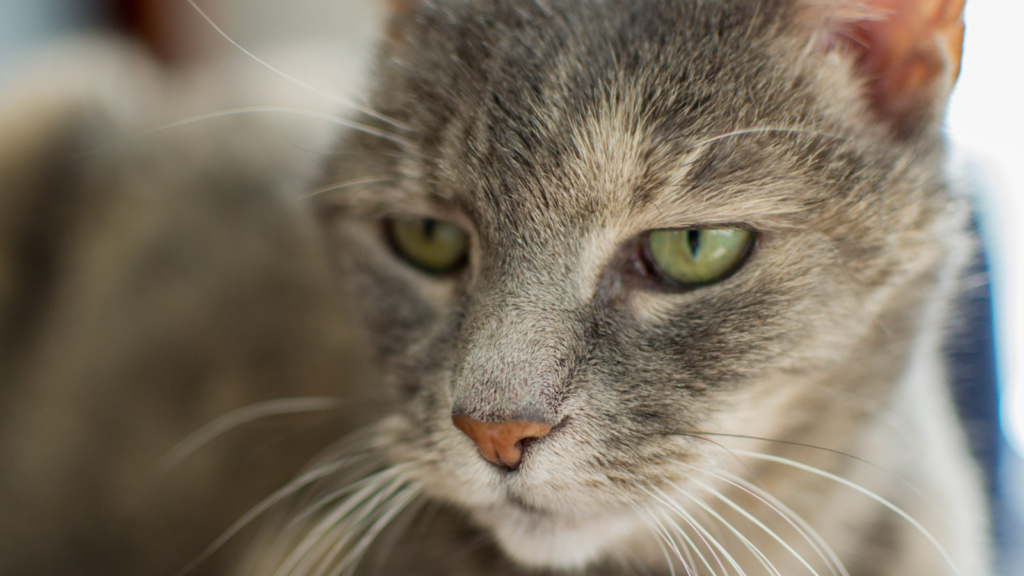Microchipping is often associated with puppies and kittens, but what if your dog or cat is already in their golden years? At Republican Valley Veterinary Clinic, we believe it’s never too late to give your pet the protection they deserve. If your senior pet has lived their whole life without a chip or you’ve recently adopted an older companion, microchipping can still play a critical role in their safety.
Older Pets Still Go Missing
Just because your pet has never wandered off before doesn’t mean they never will. In fact, older pets are sometimes more prone to getting lost due to:
- Hearing or vision loss
- Cognitive dysfunction (similar to dementia)
- Slower response times or confusion in new environments
- Anxiety triggered by loud noises or disruptions
All it takes is one unexpected moment, like a door left open or a yard gate unlatched, and a senior pet could find themselves in an unfamiliar and overwhelming situation.
If you recently brought home an older rescue or rehomed pet, don’t assume they are already chipped. Many senior animals have gone years without microchipping, especially if they have lived a quiet, indoor life.
Ask your veterinarian to scan your new pet to confirm whether a chip is present. If your older pet has been previously chipped by another owner or shelter, make sure you register the new contact information in an online pet microchip registry. You can find the registry your pet is currently registered under with the AAHA Microchip Registry Lookup Tool.
Why Collars Aren’t Enough for Senior Pets
Senior pets may not tolerate collars as comfortably as they once did. A collar with tags can get caught on furniture or slipped off while in the house. If your pet escapes and their collar comes off, there’s no way to trace them back to you unless they’re microchipped. A microchip provides permanent, tamper-proof identification, which can be a vital backup for aging pets whose reaction time and ability to navigate home may be diminished.
Is It Safe to Microchip an Older Pet?
Yes. Pet microchipping is safe and appropriate at any age. The procedure is simple: a small chip is injected under the skin between the shoulder blades. While the injection is brief, it does involve a larger needle than standard vaccines and causes a moment of discomfort.
Great Option: If your senior pet is already scheduled for a dental cleaning, mass removal, or other procedure under anesthesia, you can ask the vet to microchip them while they’re under, completely avoiding any discomfort.
The Benefits of Pet Microchipping Are Lifelong
Even if your pet only has a few years left, those years matter deeply. A microchip ensures that if they ever get lost or separated, you have every chance of being reunited. In fact, microchipped pets are more than twice as likely to be returned to their owners. Choosing to microchip a senior cat or dog:
- Gives you peace of mind
- Supports return efforts if your pet is lost
- Ensures proper ID in case of confusion or cognitive decline
- Can help resolve mistaken shelter intake
- Complements aging pets’ safety needs as they slow down
Make Sure to Microchip Your Pet in St. Francis, KS
It’s never too late to do something good for your pet. Microchipping an older dog or cat may not have been top of mind before, but it’s a quick, low-cost way to keep them protected in their most vulnerable years. Republican Valley Veterinary Clinic makes the process of pet microchipping simple and stress-free for pet owners in St. Francis, Goodland, Burlington, Idalia, and nearby areas. Haven’t microchipped your senior pet yet? Let’s fix that. Schedule an appointment to microchip your pet in St. Francis, KS.


